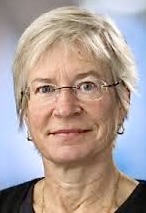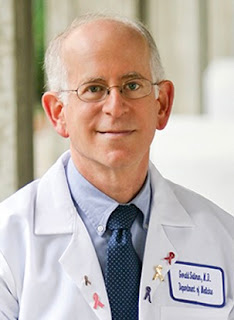Many cancers potentially can be prevented by changing your diet, according to the American Cancer Society.
A story by Nikki Campo in editions of The New York Times early this week indicates that "scientists have a good idea of what foods you should avoid to reduce your risk of cancer, such as red and processed meats, 'fast' or processed foods, alcohol, and sugary drinks."
 |
| Johanna Lampe |
One problem, Lampe says, is that many nutrition studies rely on people to accurately remember what they consumed up to a year ago. Another is that it's tricky to understand how single foods may influence your health when they're part of a larger diet.
The Times story also quotes Nigel Brockton, vice president of research at the American Institute for Cancer Research in Washington, D.C., as saying that although no single food can prevent cancer on its own, following a healthy diet does seem to reduce the risk.
Campo's article lists foods "that experts say are worth adding to your plate." They include broccoli "and its cruciferous cousins" — such as brussels spouts, cauliflower, and cabbage; tomatoes and tomato-based products; black and kidney beans as well as other types of legumes such as chickpeas, dry peas, and lentils; nuts, especially walnuts; strawberries, blueberries, cranberries, pomegranates, and black raspberries; and garlic.
More information on disease prevention ideas can be found in Rollercoaster: How a man can survive his partner's breast cancer, a VitalityPress book that I, Woody Weingarten, aimed at male caregivers.
